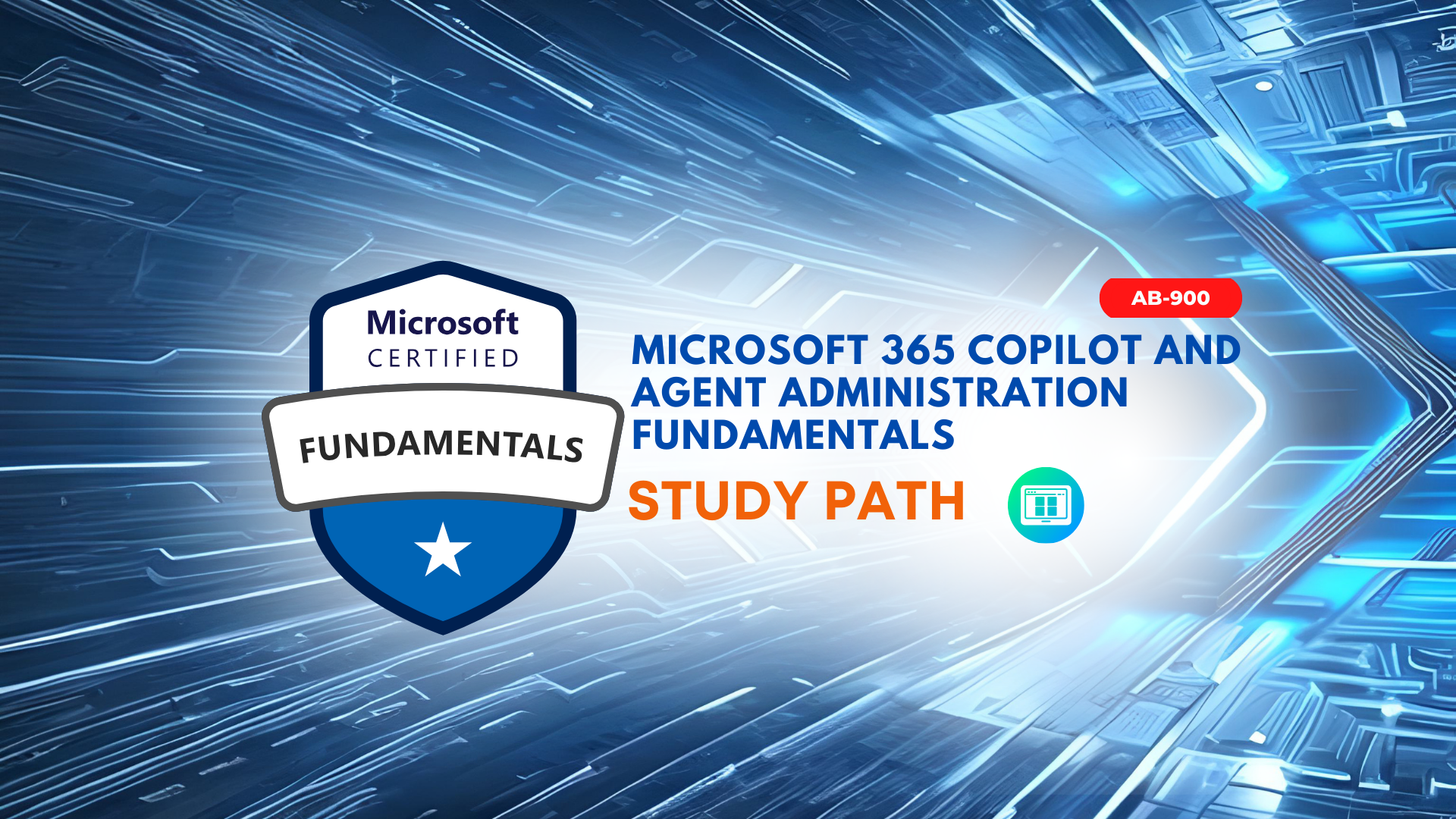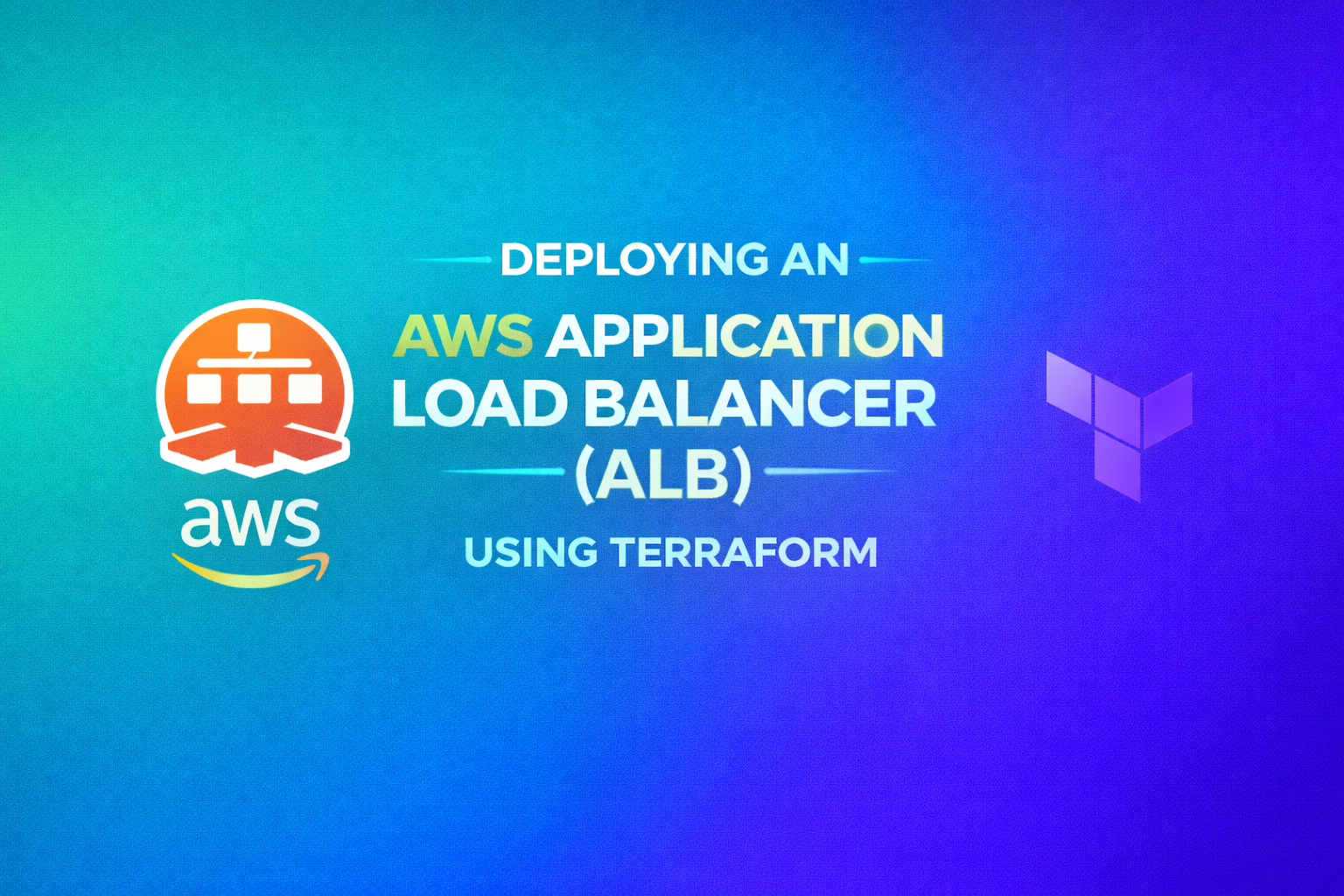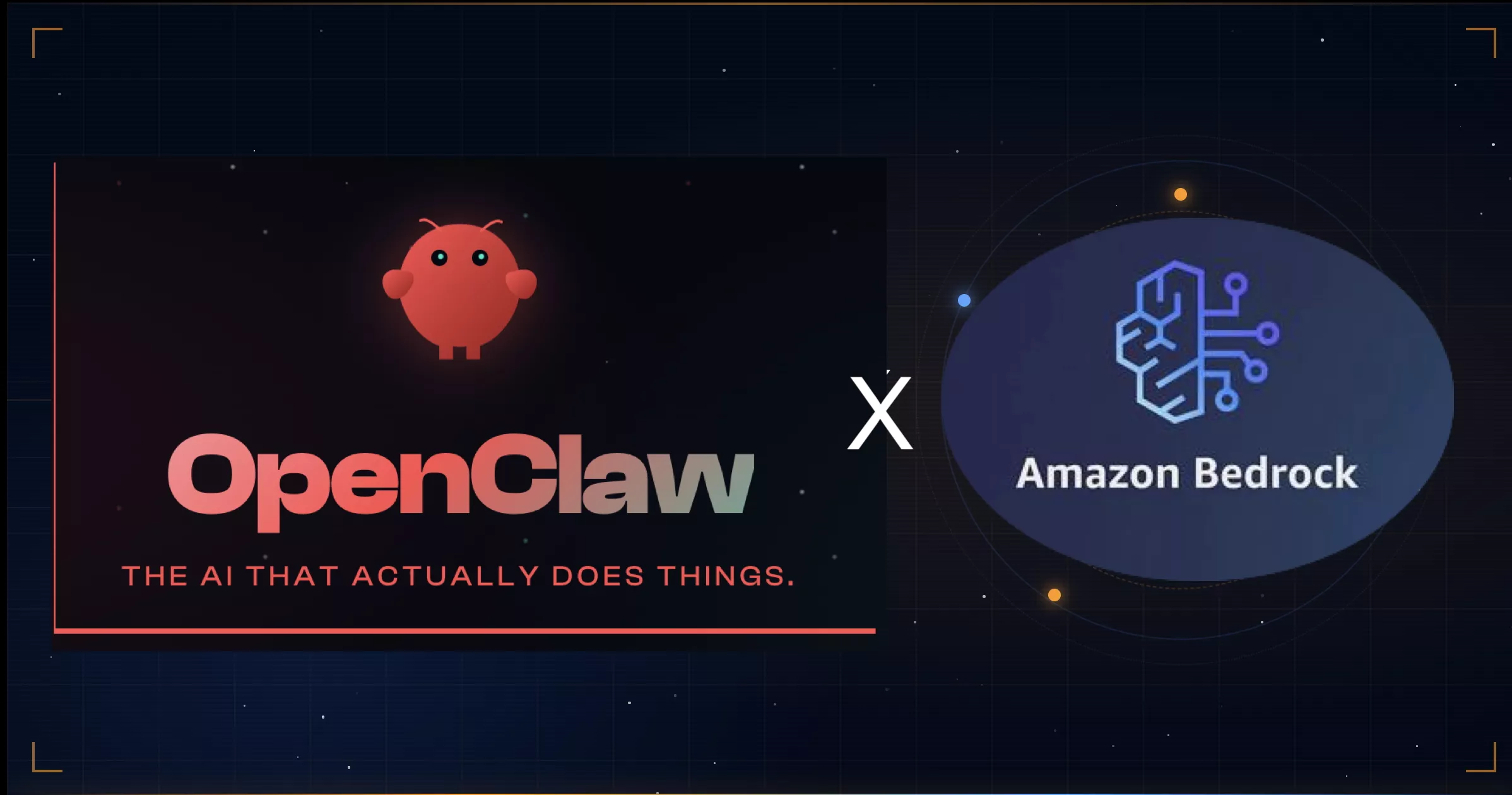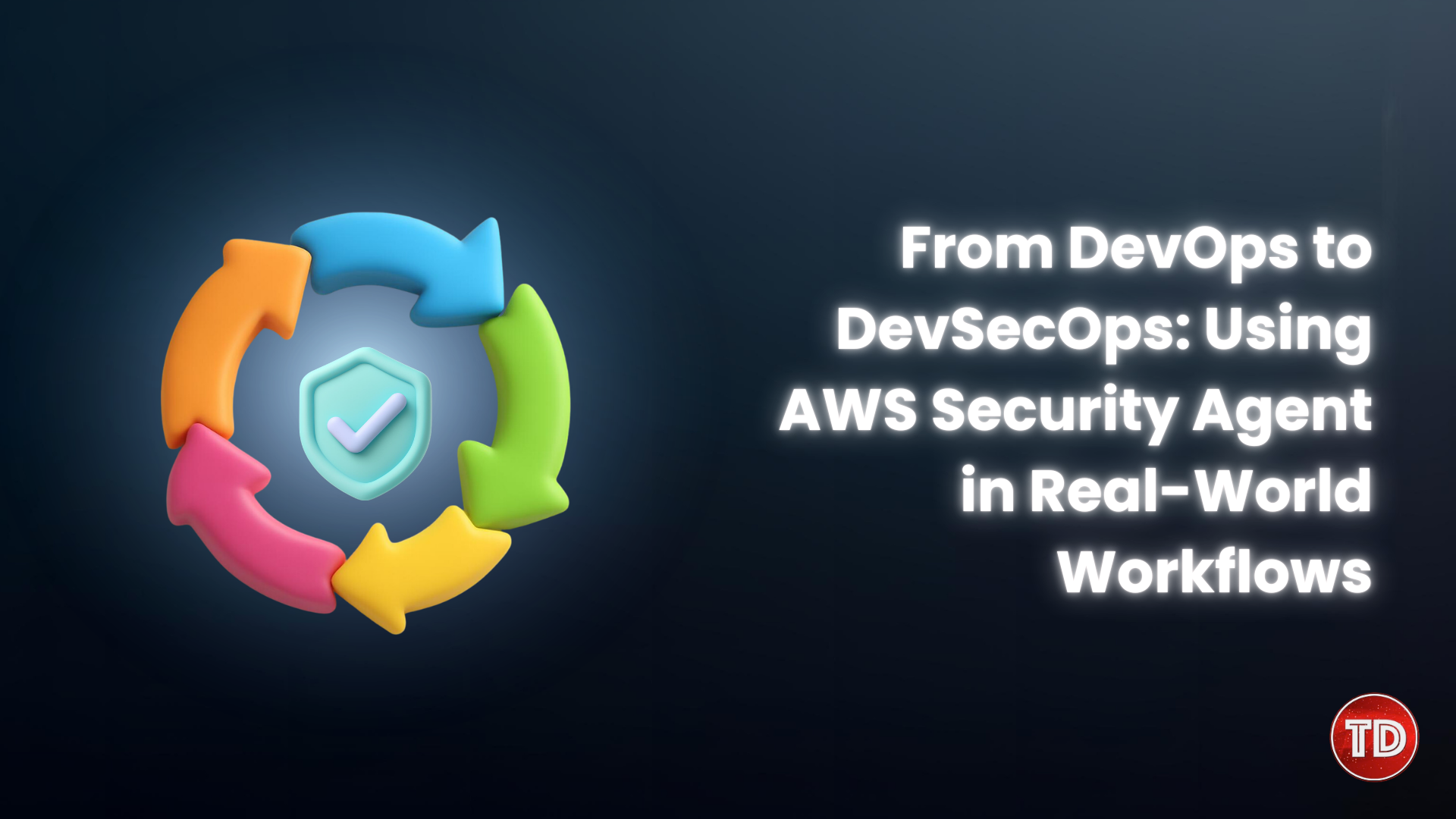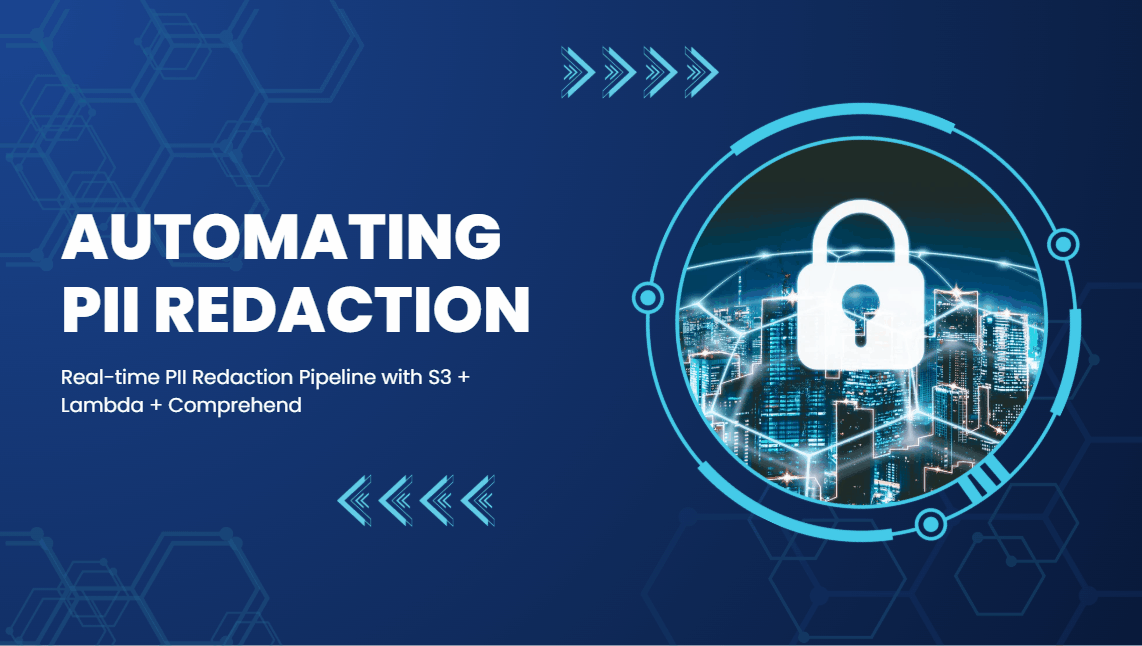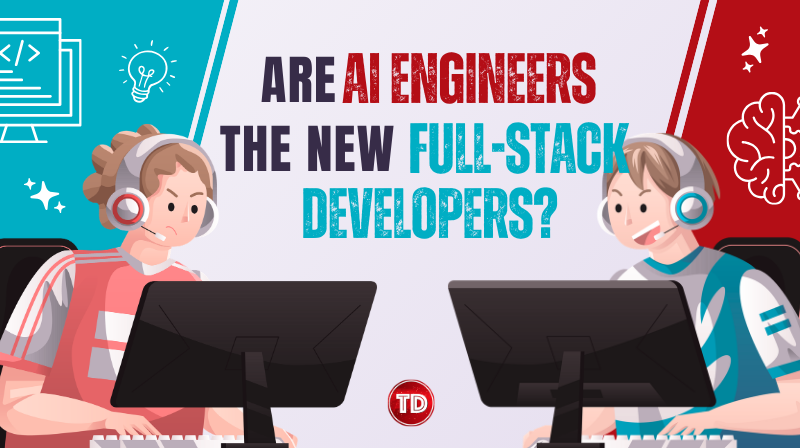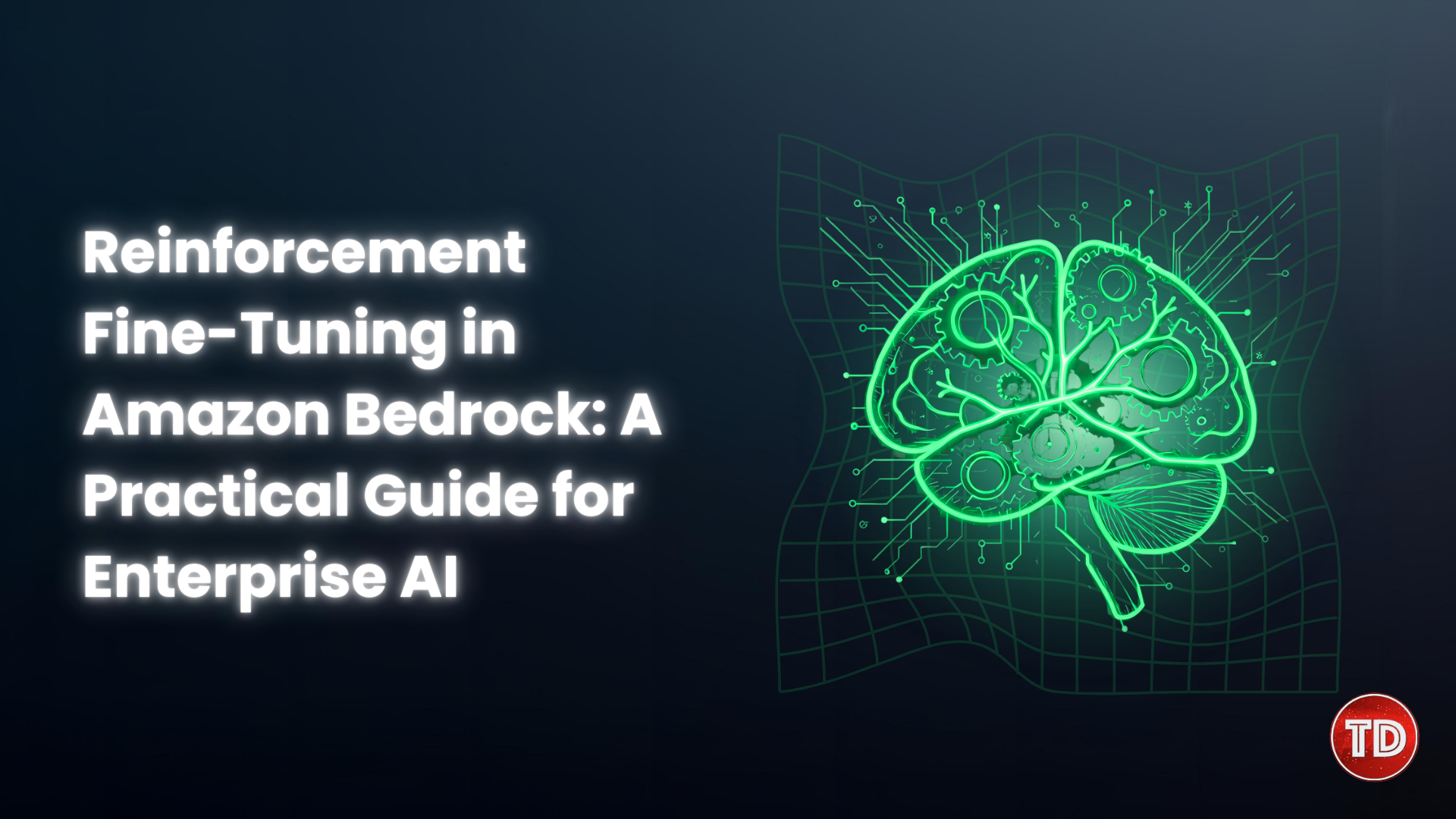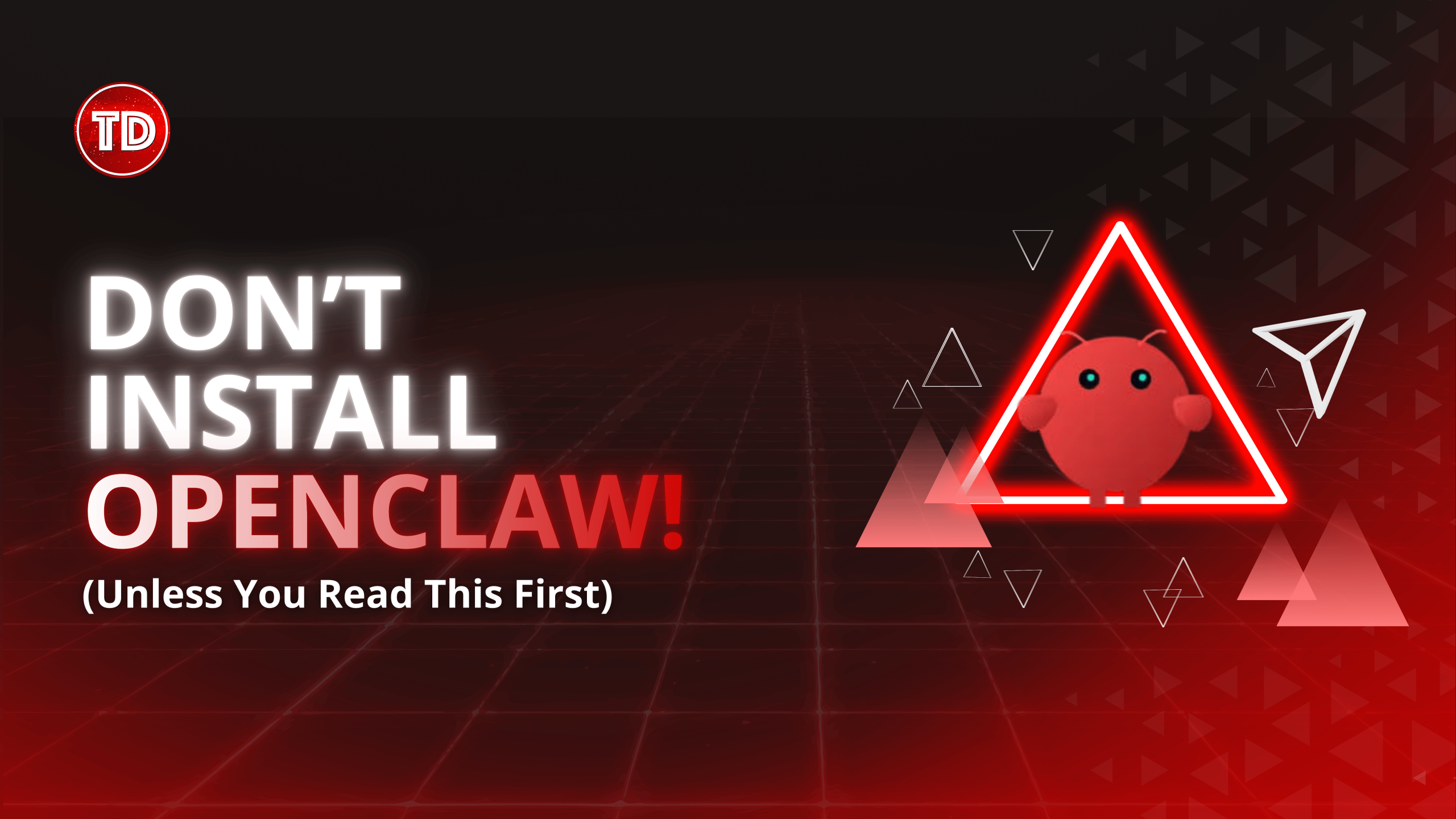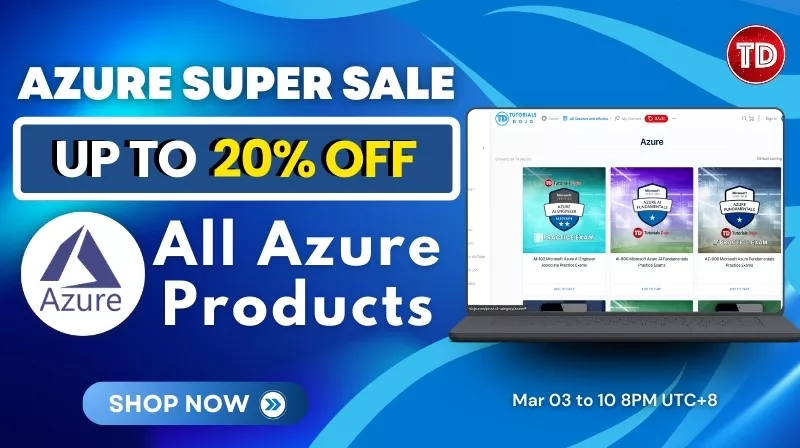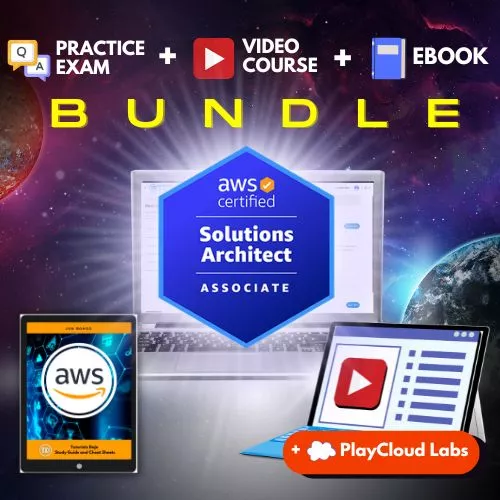Understanding VPC Flow Logs: Capturing Network Traffic in AWS
Imagine a bustling city with a vast network of roads and highways connecting every corner. Like this intricate transportation system, the cloud computing world has its complex web of virtual networks, facilitating the seamless flow of data and communication. In this digital metropolis, ensuring security and maintaining visibility over network traffic is paramount. AWS (Amazon Web Services) offers a powerful tool called VPC Flow Logs to help you navigate and monitor the virtual pathways [...]
How to Set Up Slack Notifications for WordPress Admin Logins with IP Address Details
Keeping track of who logs into your WordPress site is important for maintaining security. If you're running a website, you want to be immediately alerted to any admin login activity, whether it's you or someone else. One of the most effective ways to accomplish this is to enable Slack notifications for WordPress admin logins. This way, you'll receive instant alerts directly in your Slack channel whenever someone logs into your WordPress admin dashboard. In [...]
Enabling the Account-Level Suppression List in Amazon SES
Amazon Simple Email Service (SES) is a powerful tool that enables businesses to send bulk and transactional emails to customers. It provides a reliable and scalable platform for sending marketing campaigns, transactional notifications, or customer communications. However, maintaining a good sender reputation and adhering to email regulations are critical for successful email delivery. To help manage email deliverability effectively, Amazon SES offers account-level suppression lists, which are a valuable feature. A suppression list is [...]
Email Sender Application with Amazon SES
Whether you’re part of a business or organization, sending out emails is crucial for connecting with people. More often than not, you’ll find yourself needing to send similar emails to a group and sometimes, they need to be dynamic. Yes, you can send out one email and just add everyone to the BCC but having a dynamic and more personalized email helps create a better connection between you and the recipient. This is a [...]
Digital Bridge of Connectivity: All about the Bifrost Cable System
As digital era progresses, the demand for a high-speed and stable internet connection grows. While we are already familiar with the medium of internet transmission such as standard cable, fiber optics, and through satellite, one medium that is often overlooked is the undersea cable. It is expected since unlike those that are visible everywhere, undersea cables are not as noticeable since… well, they are literally laid on the seabed. Although undersea cables are not [...]
Transferring an Amazon Route 53 Domain to Another AWS Account: Troubleshooting DNS Propagation
I recently transferred my domain to a different AWS account. However, despite waiting for the standard 24-48-hour DNS propagation period, I noticed the changes were not propagating as expected. In this article, we’ll delve into the steps I followed, potential pitfalls, and solutions to ensure a smooth domain transfer process. DNS propagation is the process of updating and reflecting changes made to your domain's DNS records across all DNS servers worldwide. When you make [...]
Understanding the Importance of Bastion Hosts in AWS
This short article will discuss what a bastion host is and its importance in your cloud architecture. We will also talk about its various use cases, relevance, and the related processes of setting it up in the AWS Cloud. What is a Bastion Host? A Bastion host, often called a jump server, is critical to securing cloud environments. It acts as an intermediary providing secure access to resources in a private subnet without exposing [...]
Creating a Custom HTML Editor in React
This article guides you through integrating a TinyMCE WYSIWYG text editor into a React application which focuses only on the Text Area that displays the HTML code alongside the TinyMCE Text Editor. It covers setting up TinyMCE, managing state, and ensuring real-time updates between the text editor and text area. Whether you’re building a CMS, a blog platform, or an internal tool, this will help in the content editing experience of your users. How [...]
AWS Community Day Philippines 2024
The AWS Community Day Philippines 2024 is an exciting event for tech enthusiasts taking place on September 21-22, 2024, at the Arthaland Century Pacific Tower in BGC, Taguig. Hosted by the AWS User Group Philippines (AWSUG PH), this event is sure to have lots of knowledge-sharing and networking opportunities. What is AWS User Group Philippines? AWS User Group Philippines (AWSUG PH) is a Philippine-based user group made up of working professionals who are [...]
Understanding Security Groups and Network Access Control Lists (NACLs) in AWS
Security within cloud environments is a critical consideration, and AWS offers robust tools to ensure that your cloud infrastructure remains secure. Two critical components in AWS for managing security are Security Groups and Network Access Control Lists (NACLs). These tools act as virtual firewalls, controlling the traffic that enters and exits your Virtual Private Cloud (VPC). While they serve similar purposes, they operate differently and are used in distinct scenarios to provide layered security. [...]

